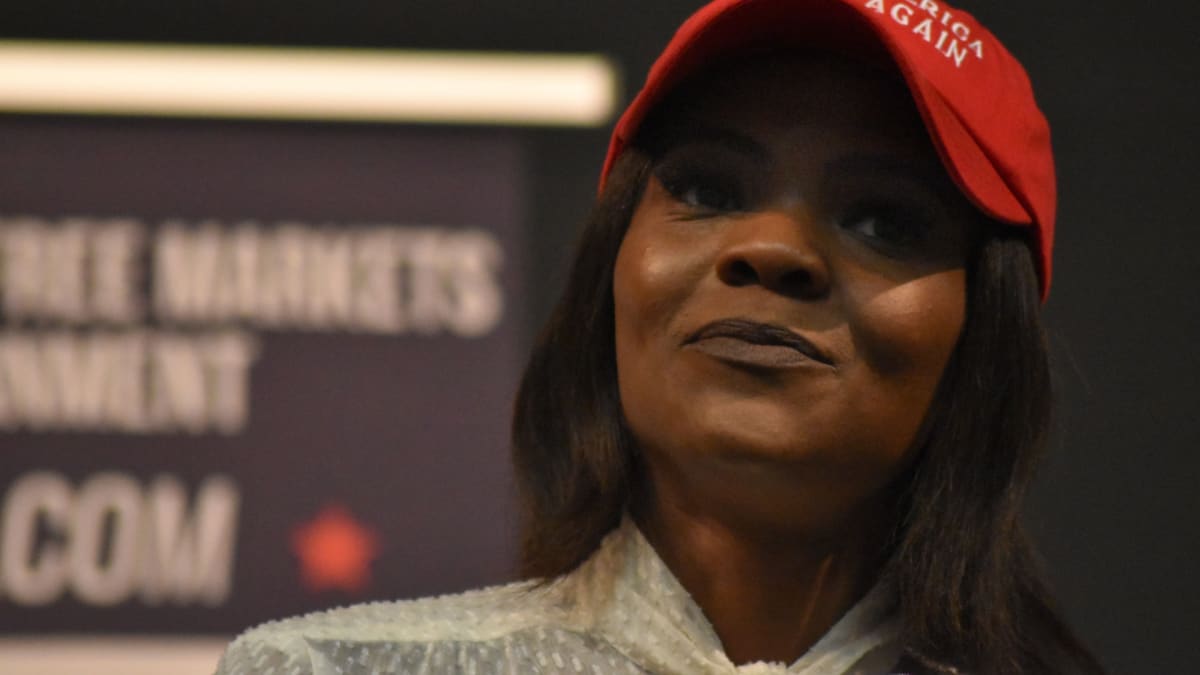
Each social media platform has developed its own method for filtering out hateful and abusive content. It's a process that can involve human moderators sifting through gruesome material, AI filters using certain trigger words, and systems which let users report problematic posts and videos.
Violating rules regarding hate speech can also get a creator demonetized, according to a recent move made by Alphabet's (GOOG) video platform YouTube. The creator-led content platform has been stripping monetization of some problematic videos.
DON'T MISS: Why a Prolific Adult Site Has Banned Users Across Multiple States
Demonetization has been applied to several of Candace Owens' videos that specifically target gender-affirming care for transgender children. The videos reportedly featured Owens intentionally using incorrect pronouns for trans people (known as misgendering) as well as using dead-names -- the name a trans person was given at birth which they no longer use.
These videos can still be found on Owens' channel, but will no longer produce ad revenue. Almost one year ago, YouTube said that misgendering and deadnaming weren't specifically prohibited in its terms of service, which prevented the removal of such content.
Still, the move to demonetize does seem to seek to send a message to those creating such content. In April, conservative content creator Matt Walsh was demonetized by Facebook for intentionally misgendering transgender social media personality Dylan Mulvaney in the wake of the Bud Light promotional controversy.
The move comes during a contentious Pride Month for LGBTQ+ people. There are numerous anti-trans bills in circulation across the U.S. Meanwhile, Elon Musk is using his Twitter to boost anti-trans memes and comments.
Twitter, like Facebook and Instagram, has no current rules against misgendering and deadnaming transgender people. TikTok, however, does consider those acts to be harassment.







